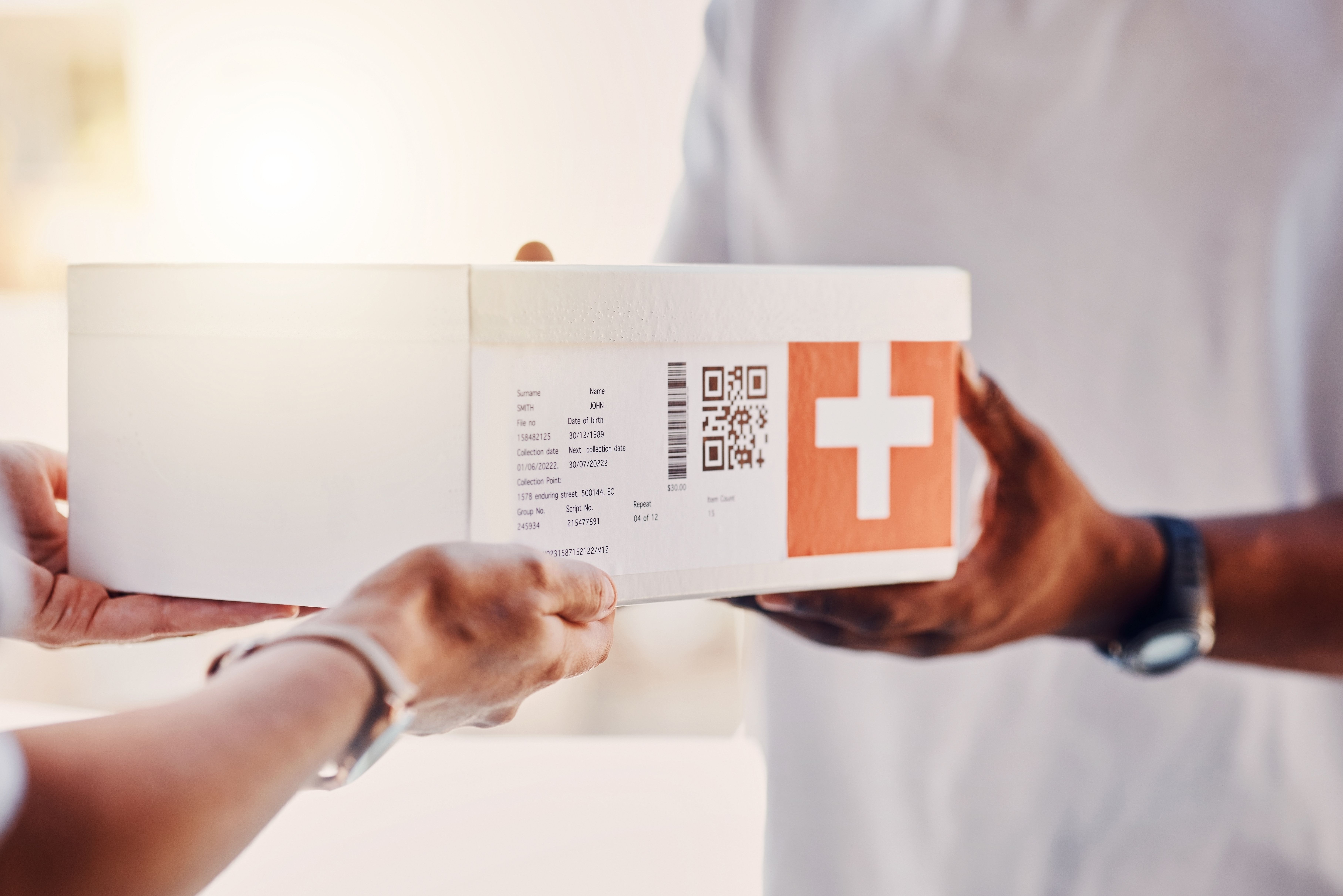
News
September 10, 2025
Inside the Legislative Battle Over Oncology Patients’ Access to Critical Medications
Legislative efforts aim to improve oncology medication access, addressing transportation barriers and advocating for mail delivery from cancer clinics.
The fight for easier access to life-saving cancer medications is heating up in state legislatures across the country. Lawmakers are grappling with the challenges oncology patients face in obtaining critical treatments, focusing on innovative solutions to bridge the gap between patients and the medications they desperately need. The core of the debate revolves around two significant barriers: transportation difficulties and restrictions on mail delivery of medications from cancer clinics.
For many cancer patients, simply getting to and from appointments, including those to pick up medication, can be a Herculean task. The side effects of treatment, coupled with the physical and emotional toll of the disease, often make travel incredibly difficult, if not impossible. This is especially true for patients living in rural areas or those with limited access to reliable transportation. Legislative proposals aim to alleviate this burden by exploring options like subsidized transportation programs or partnerships with ride-sharing services specifically tailored to the needs of oncology patients. The goal is to ensure that no one misses vital doses of medication due to transportation obstacles.
Another key area of focus is the push to allow cancer clinics to mail medications directly to patients. Current regulations in some states often restrict this practice, forcing patients to make in-person visits, even for routine refills. Advocates argue that allowing mail delivery would significantly improve convenience and reduce the strain on patients already struggling with the demands of cancer treatment. This measure is seen as particularly beneficial for those with compromised immune systems, as it minimizes their exposure to potentially harmful environments.
However, the proposal to allow mail delivery isn't without its challenges. Concerns have been raised regarding the security and temperature control of medications during transit. Lawmakers are carefully considering these factors, exploring potential regulations to ensure that medications are delivered safely and effectively, maintaining their integrity throughout the shipping process. This includes exploring specialized packaging, tracking systems, and temperature monitoring to guarantee the quality and efficacy of the delivered drugs.
The legislative battles are often complex, involving input from patient advocacy groups, pharmaceutical companies, healthcare providers, and regulatory agencies. The ultimate goal is to strike a balance between ensuring patient access and maintaining the safety and integrity of the medication supply chain. As these discussions continue, the hope is that lawmakers will prioritize the needs of oncology patients, creating policies that remove unnecessary barriers and empower them to focus on their fight against cancer. The outcome of these legislative efforts could have a profound impact on the lives of countless individuals and families affected by this devastating disease.
For many cancer patients, simply getting to and from appointments, including those to pick up medication, can be a Herculean task. The side effects of treatment, coupled with the physical and emotional toll of the disease, often make travel incredibly difficult, if not impossible. This is especially true for patients living in rural areas or those with limited access to reliable transportation. Legislative proposals aim to alleviate this burden by exploring options like subsidized transportation programs or partnerships with ride-sharing services specifically tailored to the needs of oncology patients. The goal is to ensure that no one misses vital doses of medication due to transportation obstacles.
Another key area of focus is the push to allow cancer clinics to mail medications directly to patients. Current regulations in some states often restrict this practice, forcing patients to make in-person visits, even for routine refills. Advocates argue that allowing mail delivery would significantly improve convenience and reduce the strain on patients already struggling with the demands of cancer treatment. This measure is seen as particularly beneficial for those with compromised immune systems, as it minimizes their exposure to potentially harmful environments.
However, the proposal to allow mail delivery isn't without its challenges. Concerns have been raised regarding the security and temperature control of medications during transit. Lawmakers are carefully considering these factors, exploring potential regulations to ensure that medications are delivered safely and effectively, maintaining their integrity throughout the shipping process. This includes exploring specialized packaging, tracking systems, and temperature monitoring to guarantee the quality and efficacy of the delivered drugs.
The legislative battles are often complex, involving input from patient advocacy groups, pharmaceutical companies, healthcare providers, and regulatory agencies. The ultimate goal is to strike a balance between ensuring patient access and maintaining the safety and integrity of the medication supply chain. As these discussions continue, the hope is that lawmakers will prioritize the needs of oncology patients, creating policies that remove unnecessary barriers and empower them to focus on their fight against cancer. The outcome of these legislative efforts could have a profound impact on the lives of countless individuals and families affected by this devastating disease.
Category:
Politics